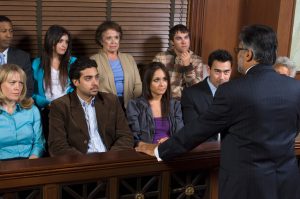
The way that negligence is analyzed under California law in slip and fall cases comes down to a critical question: did the property owner know about a dangerous condition on their property, but failed to correct that condition or warn visitors to avoid it?
An injured plaintiff can recover compensation for slip and fall injuries when they can prove that a property owner or manager failed to live up to this obligation. That compensation will reimburse the injured party’s economic losses for things like medical bills and lost wages, as well as that party’s non-economic damages for pain and suffering and similar harm experienced by the injured party because of the fall.
Although the critical question might appear to be straightforward, in practice, proving negligence in a slip and fall accident can be a challenging task. Your best chance at proving negligence and recovering compensation is by consulting with an experienced slip and fall lawyer, including any of the personal injury lawyers at Salamati Law in Los Angeles.
Through our more than 25 years of experience in representing injured slip and fall accident victims in southern California, our team has developed the knowledge and expertise that is required to prove negligence in slip and fall cases. When you call us as soon as possible after your accident, you will have a better opportunity to preserve evidence, establish liability, and recover the largest available monetary compensation that you deserve.
What is Negligence in California Slip and Fall Law?
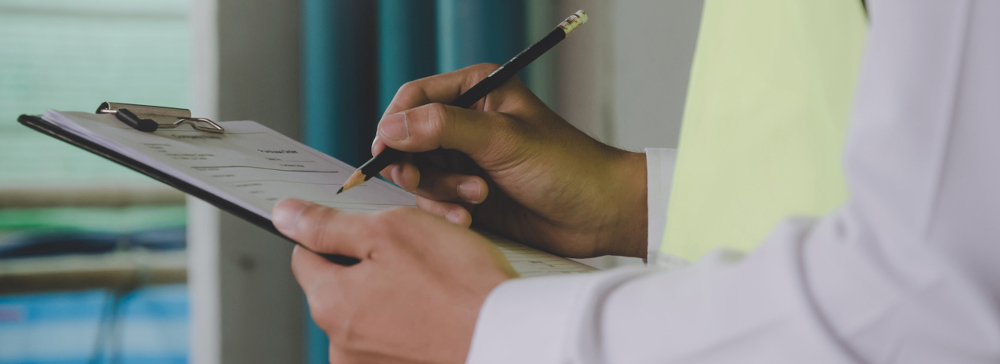
Slip and fall cases are known as “premises liability” lawsuits, meaning an injury happened on someone else’s property due to unsafe or hazardous conditions that could have been avoided (and wasn’t due to someone else’s negligence).
When evaluating a California landowner’s legal duty to repair, protect against, or give warning of dangers that he or she either knew about or reasonably should have known about, a Los Angeles slip and fall attorney will study the evidence about the accident to determine:
- Whether the property owner or manager was aware of a dangerous condition, or should that owner have been aware of it through regular inspections of the property?
- Did the owner have a regular maintenance and inspection schedule to identify property hazards, and did the owner follow that schedule properly?
- If the owner knew about the dangerous condition but failed to correct or warn about it, do they have a reasonable explanation for any delay or failure (e.g. inclement weather, unavailability of materials or supplies, etc.)?
- Did any other conditions, including, for example, the injured party’s own negligence, contribute to the accident or injuries?
What are the Elements of Negligence?
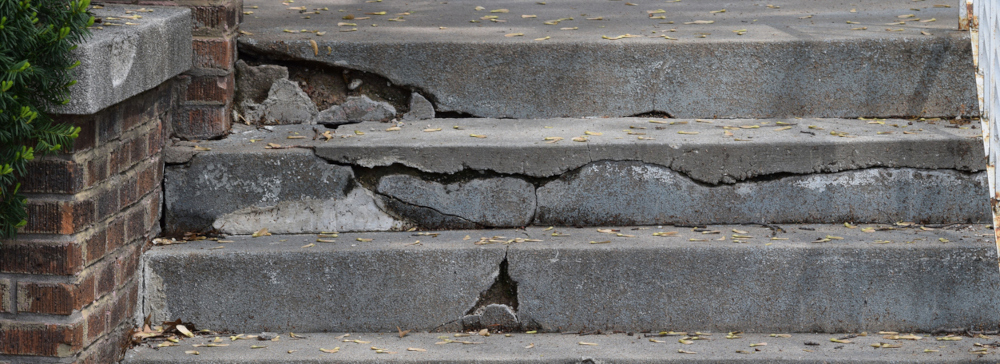
The legal definition of negligence includes four elements:
- The owner owes a duty to visitors to keep the property safe and free from hazards
- The owner breached that duty
- The breach was the direct and proximate cause of a slip and fall accident
- The accident victim suffered economic and non-economic damages as a direct result of the accident
Your slip and fall attorney will use the circumstances of your accident and the available evidence to prove the property owner’s duty and breach of that duty. Whether that breach caused your accident, however, can be one of the more challenging aspects of your case.
Some of the more common causes in slip and fall negligence cases include:
- Spills that are not promptly cleaned up
- Leaks that are allowed to continue without repair
- Tracked-in rainwater, mud, dirt, and other environmental hazards
- Trash and debris that accumulate without being cleared
- Uneven floors, broken floor tiles, or torn carpets
- Cracked asphalt or sidewalks
- Poorly-lit walkways that make it difficult to see hazards
Your personal injury lawyer will also use the evidence to explain how the property owner’s actions or failures to act caused or contributed to these causes. For example, a customer may have spilled a fountain drink in a restaurant, and an employee waited an unreasonably long time to clean it up or post a warning sign.
A knowledgeable California slip and fall lawyer will establish a direct connection between the cause of the accident and the property owner’s conduct to improve the chances that your claims and demands for compensation are successful.
Comparative Negligence in California
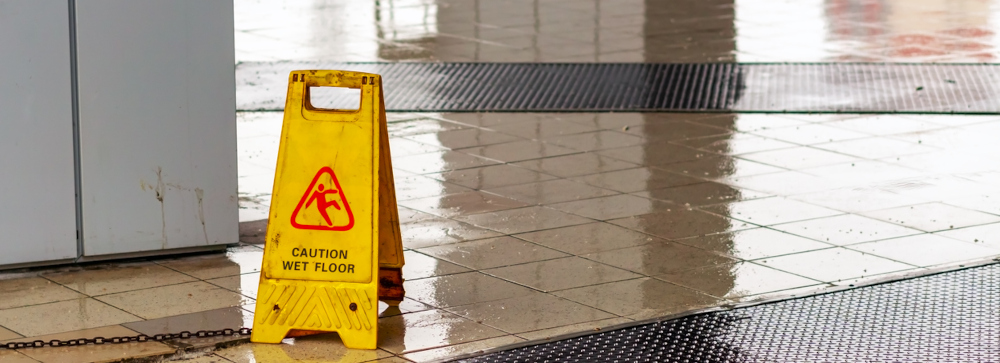
Property owners often try to deflect liability for slip and fault damages by arguing that the injured party was partially or wholly responsible for causing the accident. An owner might argue, for example, that the accident victim ignored warning signs or paid little or no attention to a clear and obvious hazard. The owner might also look for evidence that the victim disregarded their own safety, was looking at their phone rather than paying attention to surroundings or was engaged in horseplay that led to the accident.
In these situations, a California court will apply a form of pure comparative negligence, under which the slip and fall victim’s damages are reduced in proportion to their relative contribution to the cause of the accident. For example, if the victim suffered $100,000 in damages but was found to be 50% at fault for causing the accident, the damages that they can recover will be capped at $50,000.
When a California slip and fall lawsuit goes to trial, the judge will direct the jury to determine the percentage of fault that will be assigned to the accident victim. A skillful slip and fall accident attorney will know how to use the facts and evidence in the case to convince the jury to assign the greater or entire portion of fault to the property owner.
How Do You Prove Negligence in a Slip and Fall Case?
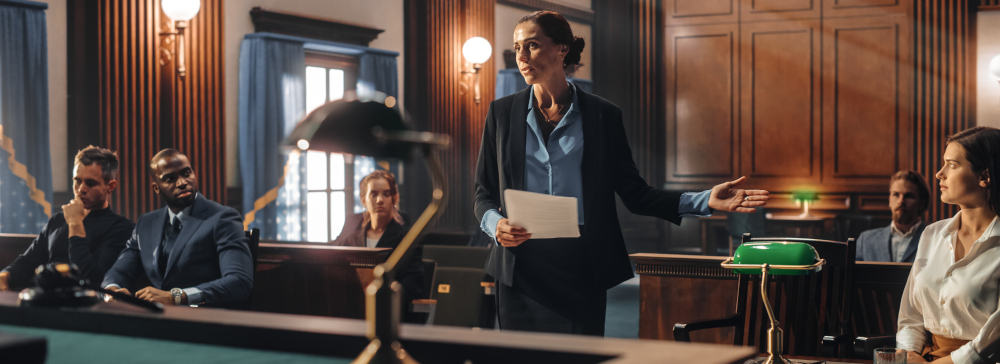
In most slip and fall negligence cases, the party that is liable for damages will be the person or entity that owns or controls the property where your accident happened. In most cases, those parties are responsible for the negligence of their employees.
An experienced slip and fall accident attorney will also analyze all details of your accident to assess the potential liability of any other individuals or businesses, such as contractors, security personnel, or municipalities.
That analysis and the ultimate proof of a party’s negligence requires a detailed review of the evidence in your case, and that review is most effective when it is done as soon as possible after your accident. If you are hurt in a Southern California slip and fall incident, do not hesitate to contact a personal injury attorney, even if you believe your injuries are minor or you have doubts about whether negligence contributed to your accident.
Your attorney will preserve all critical evidence and act as your advocate with property liability insurers that will want to resolve the case quickly and for a substantially lower damages award than you are entitled to recover. It’s not uncommon for insurance companies to present you with a lowball offer— never accept a settlement without speaking to a lawyer first.
What Evidence Do I Need to Prove Negligence?
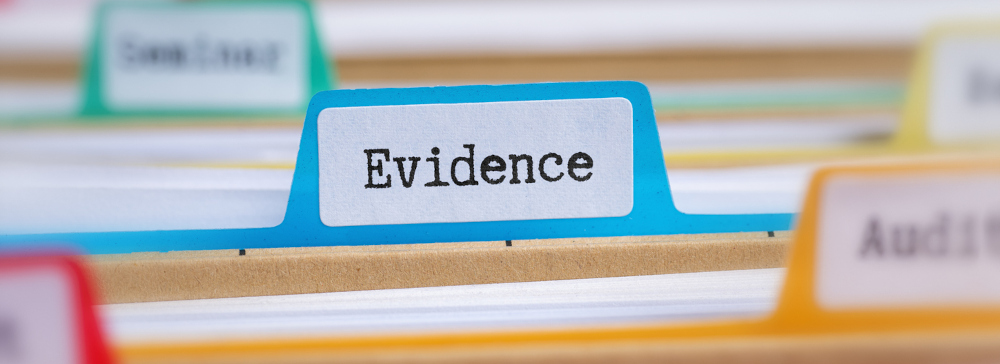
To establish a property owner’s negligence in a California slip and fall lawsuit, the evidence must show that it is more likely than not that the owner breached a duty, the owner’s breach was the direct and proximate cause of your accident, and you suffered losses and injuries as a result. The evidence can include:
- Testimonies: Your direct testimony about what happened and testimonies from eyewitnesses who saw the accident. Be sure to get the contact information of any eyewitnesses.
- Photographic or Video Evidence: Security camera footage is perhaps the most substantial evidence you can present. Photographs of the scene are also critical. If you are able, take pictures/videos immediately.
- Important Business Documents: Your lawyer will collect the property owner’s maintenance records and policies regarding repairs (if one exists), as well as hiring records with information about a property owner’s employees who contributed to the situation that caused the accident.
- Bills, Receipts, and Incurred Expenses: For proof of damages, keep all hospital bills, medical records, wage statements showing diminished income due to your injuries, and receipts for expenses you incurred because of your accident.
- Expert Opinions: Medical experts who can testify that your injuries were a direct result of the accident, as well as other economic experts will be called by your lawyer to testify about the usual and customary repair and maintenance policies that apply to commercial properties.
Trust the Los Angeles Slip and Fall Lawyers at Salamati Law
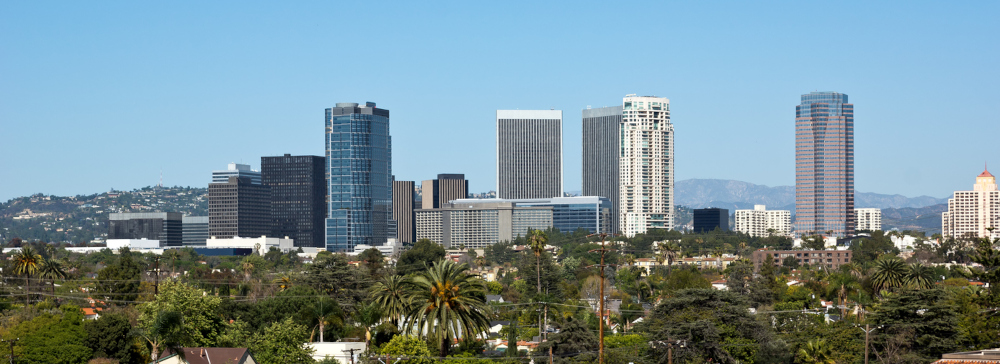
The connection between your slip and fall accident and your injuries might seem apparent, but recovering the damages you deserve requires the skills and abilities of a seasoned Los Angeles slip and fall lawyer who can manage complex court rules and deadlines, negotiate with liability insurers, and marshal the necessary evidence in your case to establish each of the elements of negligence. The California personal injury lawyers at Salamati Law understand this process and will advocate your case in the most persuasive manner possible so that others recognize the full amount of compensation that is due to you.
Unless an exception applies, you only have two years from the date of your slip and fall accident to file a lawsuit in California. This time can pass quickly and evidence can disappear as memory fades and the conditions that caused your accident change. Take action as soon as possible to protect your case.
Take action today— call Salamati Law to schedule a free, confidential case review before your right to recover the damages you deserve slips out of your grasp.